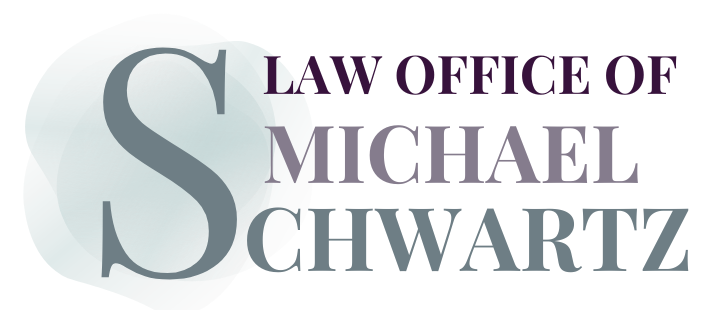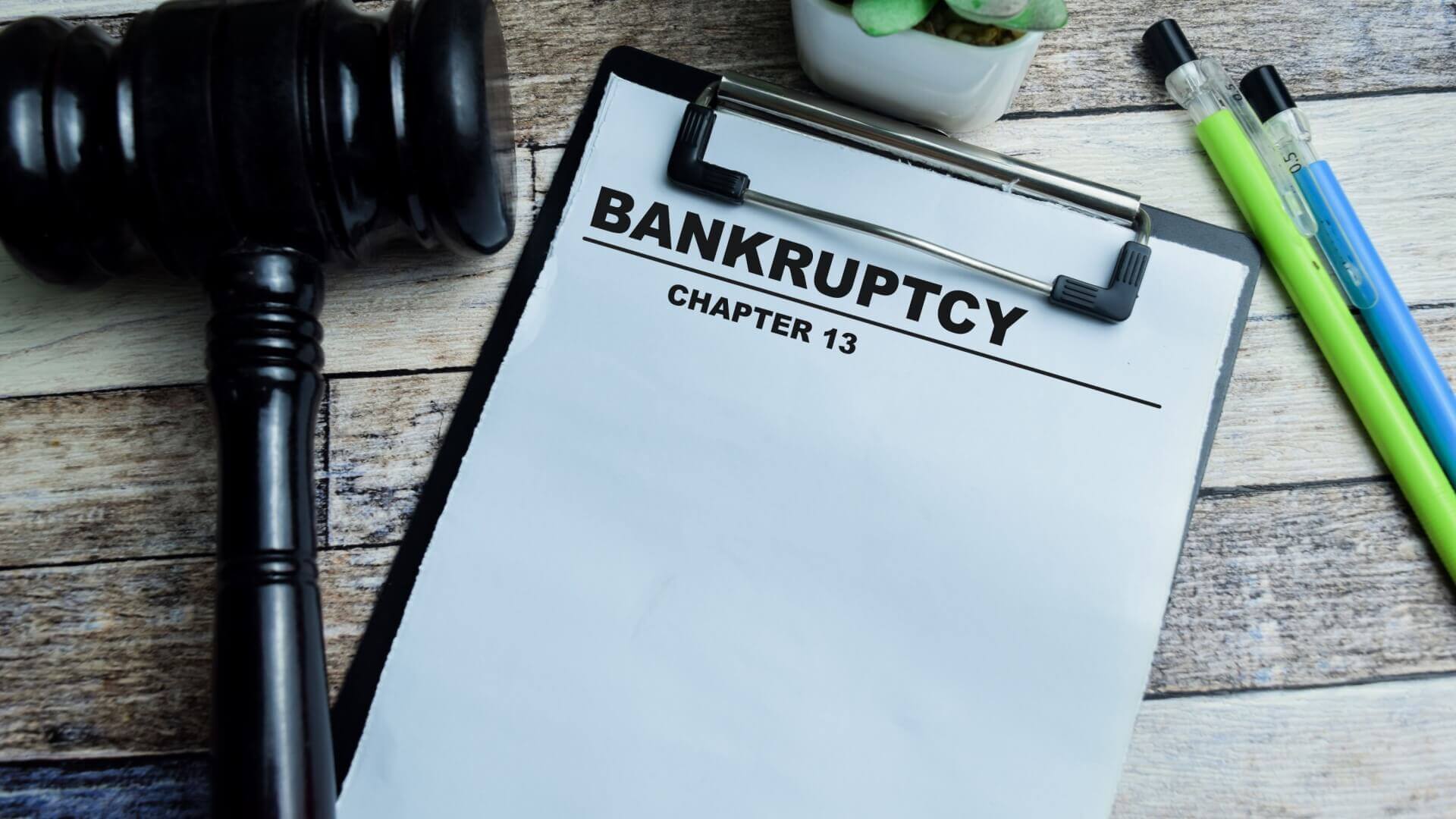Are You Able to File for Bankruptcy?
Filing for bankruptcy can provide a crucial financial reset for those overwhelmed by debt. It offers a legal pathway to either eliminate or repay debts under the protection of the court. However, not everyone is eligible to file for bankruptcy. Several factors can lead to a bankruptcy disqualification, making it essential to understand the requirements before you begin the process.
The Law Offices of Michael Schwartz will walk you through the primary reasons you might be disqualified from filing for bankruptcy, from income limitations to previous filings. Understanding these rules can help you determine if bankruptcy is a viable option for your financial situation.
Income Limitations and the Means Test
Your income is a primary factor in determining which type of bankruptcy you can file, if any.
Chapter 7 Bankruptcy Requirements
To qualify for Chapter 7 bankruptcy, you must pass the “means test.” This test compares your household income over the last six months to your state’s median income for a family of the same size.
If your income is below the median, you generally qualify. If it’s higher, the test then calculates your disposable income after accounting for necessary expenses. If you have enough disposable income to repay a portion of your debts, you may be disqualified from Chapter 7 and directed toward Chapter 13 instead.
Chapter 13 Bankruptcy Requirements
Chapter 13 bankruptcy requires you to have a consistent and regular income to fund a repayment plan. However, there are also debt limits. As of 2025, to file for Chapter 13, your unsecured debts must be less than $526,700, and your secured debts must be below $1,580,125. If your debts exceed these amounts, you may not be eligible for Chapter 13.
Prior Bankruptcy Filings
Federal law includes specific waiting periods between bankruptcy filings to prevent abuse of the system. If you have a recent bankruptcy discharge, you might have to wait before filing again.
- Chapter 7 after a prior Chapter 7: You must wait eight years from the filing date of your previous case.
- Chapter 13 after a prior Chapter 7: You must wait four years.
- Chapter 7 after a prior Chapter 13: The waiting period is six years, unless you repaid all your unsecured debts in the previous plan.
- Chapter 13 after a prior Chapter 13: You only need to wait two years.
Dismissal of a Recent Bankruptcy Case
If a previous bankruptcy case was dismissed within the last 180 days, you might be temporarily barred from refiling. A dismissal can occur for several reasons, including:
- Failing to follow court orders or appear at required hearings.
- Voluntarily dismissing your case after a creditor requested to reclaim property.
- A court finding that you filed in bad faith or abused the bankruptcy system.
Fraudulent Behavior or Concealing Assets
Bankruptcy is designed for honest individuals facing financial hardship. Any attempt to defraud the court or your creditors is a serious offense and a primary cause for bankruptcy disqualification. Examples of fraudulent activity include:
- Hiding assets: Transferring property to friends or family to shield it from the court.
- Providing false information: Lying about your income, debts, or assets on your official forms.
- Running up debt before filing: Making large luxury purchases (e.g., over $725 within 90 days of filing) or taking significant cash advances with no intention to repay.
- Destroying financial records: Eliminating evidence of your financial history.
Failure to Complete Credit Counseling
Before you can file for bankruptcy, you are required to complete a credit counseling course. This course must be taken from a government-approved agency within 180 days before you file. If you do not complete this mandatory step, your case will be dismissed. Additionally, you must complete a second course on financial management after you file to have your debts discharged.
Understand Your Bankruptcy Options
Navigating bankruptcy requirements can be complex, and a misstep can lead to the dismissal of your case. Understanding what disqualifies you from filing for bankruptcy is the first step toward making an informed decision about your financial future. If you are unsure about your eligibility or need guidance on the process, seeking professional advice is crucial.
Our skilled legal team can help you assess your situation and explore all available options. Schedule a free consultation today to get clear, personalized advice on your path to financial relief.


